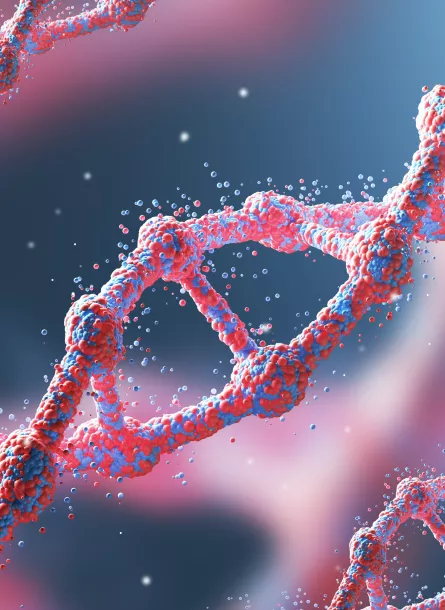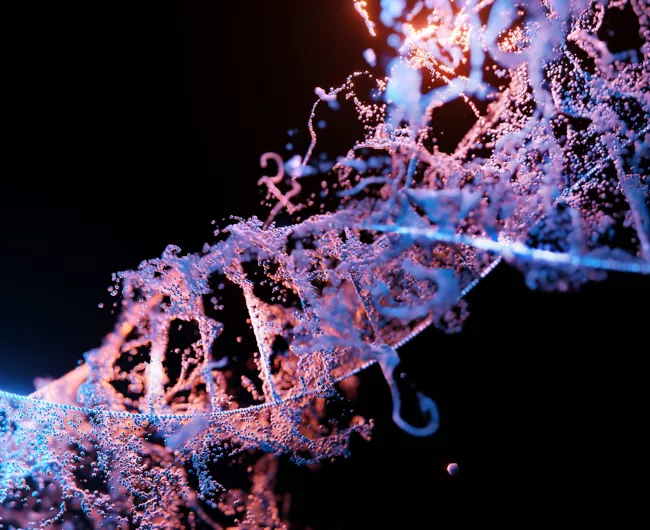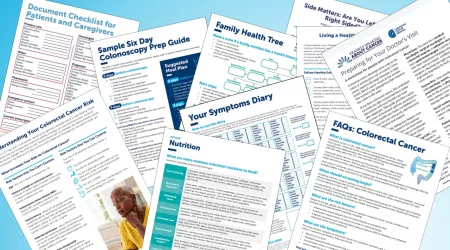
NRAS biomarker and colorectal cancer


What is an NRAS biomarker?
NRAS is a member of the RAS family of genes that include KRAS and HRAS. A normal NRAS gene teams up with a group of proteins as an “on/off” switch to monitor cell growth.
An abnormal mutation in the NRAS gene happens early in the development of cancer. This abnormality is known as a driver mutation because it causes the switch to be locked in the “on” position and drives uncontrolled cell growth, leading a tumor to form.

How common are NRAS mutations?
- NRAS mutations are found in about 5 percent of colorectal cancer patients.
- An NRAS mutation is not hereditary (not a germline mutation) and will not be passed from one generation to another in a family.
- All NRAS mutations happen randomly and are somatic or non-hereditary mutations. The most common NRAS mutations are G12C, G12D, Q61K, and Q61R.

Who should have NRAS testing?
Patients with stage IV (metastatic) colorectal cancer should be tested for NRAS mutations. NRAS status must be determined prior to the start of any EGFR-inhibitors as a positive NRAS mutation is a predictor of a poor response to these drugs.
Video: understanding RAS mutations


What treatment options are available?
Patients with NRAS-mutated colorectal cancer should receive chemotherapy (some examples are FOLFOX, CAPOX, and FOLFIRI), with or without Bevacizumab (an antibody that inhibits the growth of blood vessels and oxygen supply in the tumor).
There is currently no specific anti-NRAS therapy, but there are ongoing clinical trials with new KRAS/NRAS inhibitors.

What are potential side effects from treatment?
Every treatment has the potential to cause some side effects. Some people may be more sensitive than others to a particular drug. The response to a specific treatment also depends on your other treatments (for example, radiation) and medications. Contact your doctor immediately if you are experiencing severe symptoms.
Other biomarkers
NTRK FusionsTop resources

Christy Williams: Biomarker testing leads to successful treatment
Statistics suggested that Christy’s odds of survival were grim, so she leaned into her faith and kept a positive outlook. She tried to control what she could. And, critically, she received biomarker testing.

EPIC Act to Advance New CRC Therapies Needs Support
The EPIC Act would encourage investment in clinical trials for additional uses of existing drugs.

Colorectal cancer resources for learning and sharing
Whether personally impacted by colorectal cancer (CRC), supporting a loved one, or dedicated to educating and empowering others, these downloadable and printable resources can help.





